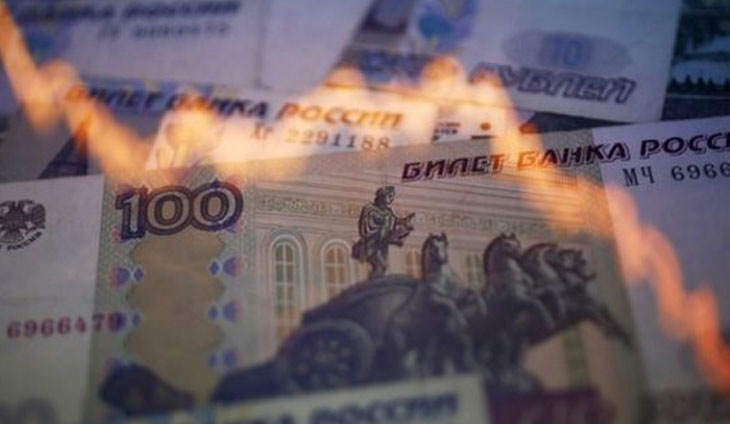
Recently some of the world’s largest cryptocurrency exchanges are staying in Russia. Despite global pressure, they are breaking ranks with mainstream finance protocols in a decision that experts say could weakens attempts to isolate Moscow following the invasion of Ukraine.
The global sanctions, which are aim to retaliate against Russia’s economy and sever it from the global financial system, have forced companies to halt doing business in the country.
But many of the world’s largest crypto exchanges have stopped short of a blanket ban on Russian clients, despite a plea from the Ukrainian government. Binance, Kraken and Coinbase responded by saying, “they would screen all users and block anyone targeted by sanctions”.
The standoff illustrates the ideological gulf between the traditional financial sector and the world of cryptocurrencies, which are designed to be able to withstand even if a government collapses. Cryptocurrency opponents argued that cutting off a whole nation would run counter to bitcoin’s ethos of offering access to payments free of government oversight.
On the other hand, some AML / KYC specialists warned that these exchanges could be an open route for Russians to continue moving money abroad, thus undermining global efforts to pressure Russia into a military cease fire and to de-escalate the situation.
“There’s no question sanctions are diminished,” said Ross Delston, a U.S. lawyer and former banking regulator, adding that cryptocurrencies “allow an avenue for a flight to safety that would not have existed otherwise”.
While most exchanges do require ID checks, the rigors of “know-you-customer” rules differs across the industry, worrying regulators who see cryptocurrency as a vehicle for illicit cash.
Anti-money laundering and crypto experts said people targeted by sanctions may try to move funds via so-called privacy tokens, a class of cryptocurrencies that obscures the identity of users more than bitcoin. However, supporters say they offer the users greater protection from intrusive monitoring by government officials.
Russian households and businesses have rushed to convert roubles into crypto and other foreign currencies, as the rouble plummeted, hitting a record low of 110 versus the dollar on Wednesday. Also there are signs suggesting that Russians are scrambling to covert their savings into crypto.
The trading volumes between the rouble and cryptocurrencies hit 15.3 billion roubles ($140.7 million) on Monday, a three-fold jump from a week earlier, according to researcher CryptoCompare.



